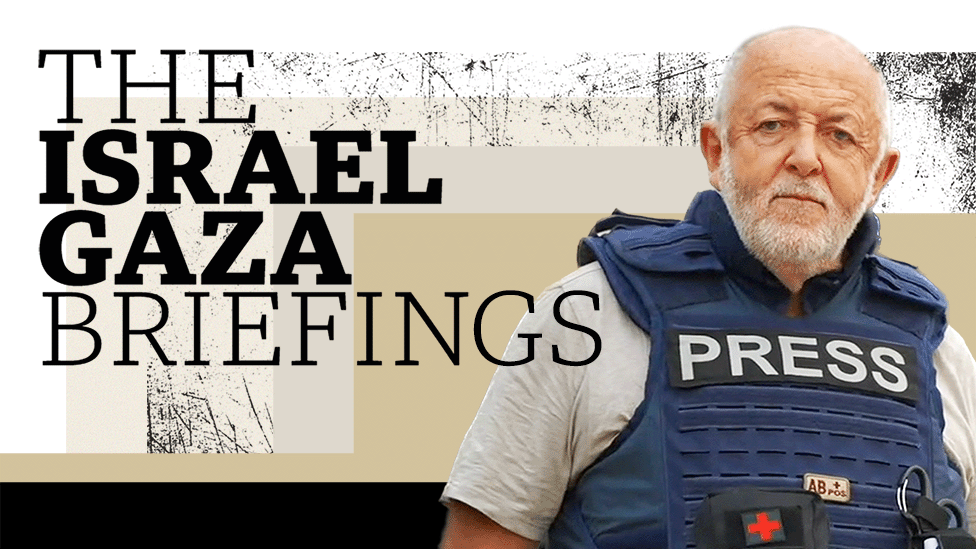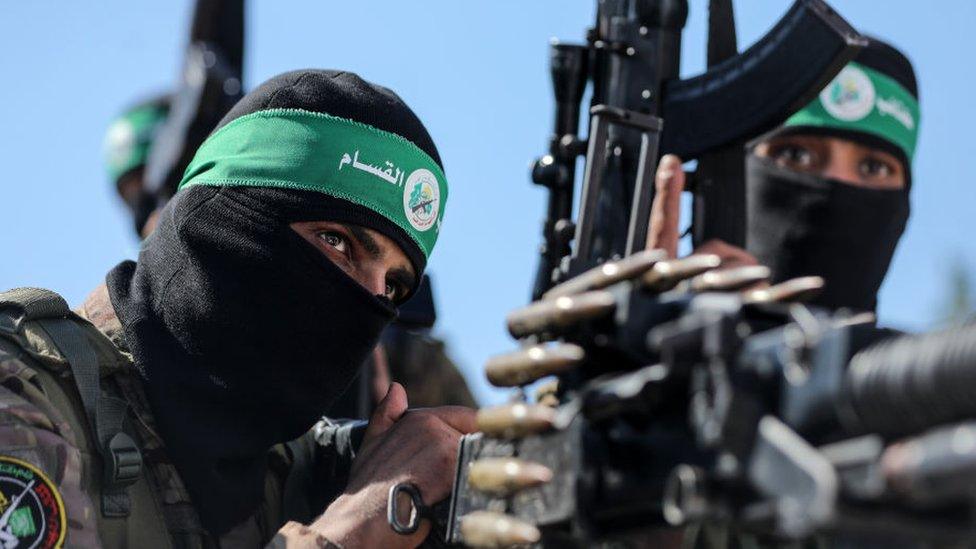Hamas planned sexual violence as weapon of war - Israeli campaigner
- Published
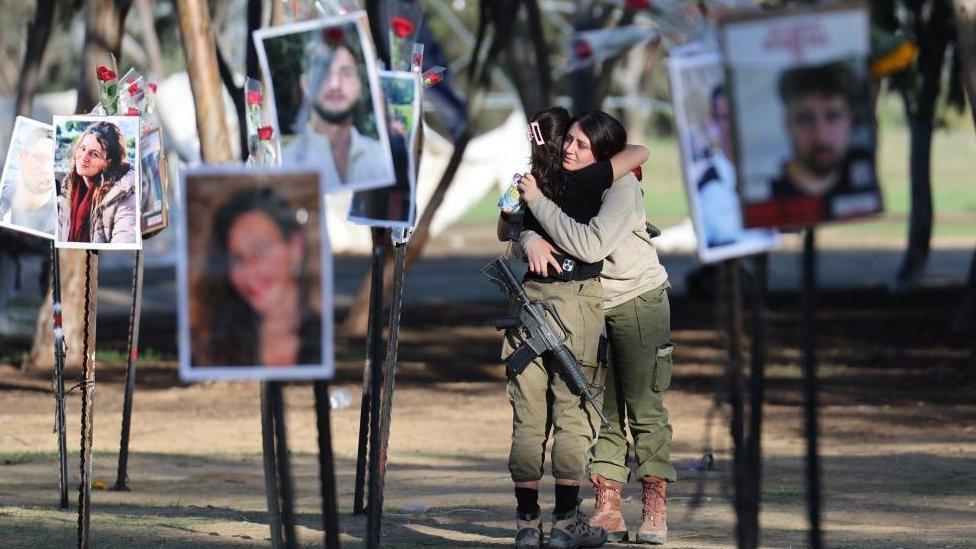
Israeli soldiers hug as they look at pictures of the festival victims from the 7 October attacks
Hamas had a premeditated plan to use sexual violence as a weapon of war, an Israeli women's rights campaigner and lawyer has said.
Prof Ruth Halperin-Kaddari said she saw footage of women in several locations whose condition left her in "no doubt" that they had been raped.
There has been anger over the delay of some UN bodies to acknowledge claims of Hamas's sexual atrocities on 7 October.
Israel has been exploring evidence of sexual crimes during the attacks.
Warning: This article contains graphic details which some readers may find upsetting
Israeli police say they have so far gathered more than 1,500 testimonies from witnesses and medics. Hamas has denied the group carried out sexual violence during the 7 October attacks.
Pictures and live footage streamed by the militants pointed to the gruesome nature of the attacks at the Supernova festival.
A range of violence from gang rape to the sexual mutilation of murdered victims are being investigated by police.
"I saw a number of first-hand, eyewitness accounts, for example of one survivor who hid in the bushes and saw a woman next to her being raped by several men," Prof Halperin-Kaddari told BBC Radio 4's Today programme.
She said she also spoke to a paramedic who treated a woman who lost a life-threatening amount of blood after reporting being raped by four men.
"I saw footage and pictures from numerous locations of bodies whose condition were all exhibiting the same pattern of mutilation and leaving no doubt that rape was performed on these women before they were executed," she said.
Prof Halperin-Kaddari added that the the concentration of cases, all in one day but in several locations left her in "no doubt" that there was a "premeditation to use sexual violence as a weapon of war."
Hamas said it "rejected and strongly denounced" the reports of abuses. In a post on the messaging app Telegram, it said that such claims were "lies" by Israel that sought to distort the "humane" way Hamas has treated Israeli hostages. Hamas took some 240 people hostage on 7 October - 110 were released last week as part of a truce with Israel.
Israeli women's rights and legal activists had been calling on key international organisations to publicly acknowledge reports of gender-based violence, including sexual violence, in the wake of Hamas's attacks.
On Monday, dozens of demonstrators gathered outside the UN headquarters in New York, protesting over what they said was its inaction over the rape, abduction and mistreatment of Israeli women.
Prof Halperin-Kaddari, who spent 12 years as a member of a UN convention on discrimination against women, said she and others have been calling on UN bodies to acknowledge these "crimes against humanity".
"Regrettably, until a week ago, none of them said the explicit word 'sexual violence'. It took them more than seven weeks," she said. The UN has yet to respond to accusations of a delay, but Prof Halperin-Kaddari visited the UN in Geneva just a week ago to draw attention to the violence.
UN Women issued a statement - eight weeks after the attacks - acknowledging accounts of gender-based atrocities.
"This took them too long, much too long," Prof Halperin-Kaddari added.
Yael Sherer from the Lobby to Combat Sexual Violence advocacy group told Today that men were also victims of sexual violence on 7 October.
She said evidence is being gathered from some survivors of the attacks, as well as eyewitnesses and first responders, who have been detailing the violence.
"Hamas terrorists made sure to disgrace these people and dishonour them in many ways," she said.
This included violence carried out on the victims' bodies after they had died, Ms Sherer added.
"We also saw people who were bleeding... [and] people who were tied down to furniture with zip-ties, and were not clothed, of many ages."
An ongoing UN commission of inquiry investigating alleged war crimes on both sides of the Israel-Hamas conflict will include a focus on sexual violence carried out during the attacks on 7 October. However, Israel has not so far co-operated with the commission, viewing it as biased.
Navi Pillay, who chairs the inquiry, said if Tel Aviv did not want to co-operate, her team could still take evidence from survivors and witnesses outside the country.
"All they [Israel] have to do is let us in," she told the BBC, adding that survivors of the attacks should be able to get a UN hearing.
Ms Pillay also rejected claims that the UN delayed acknowledging that sexual violence had taken place during Hamas's attacks and said "every effort" was being made as part of her team's investigations.
The Hamas attack on Israel on 7 October killed 1,200 people.
Since then, Gaza's Hamas-run health ministry says more than 15,500 people have been killed in Israel's military campaign which it launched in response.
Related topics
- Published27 February
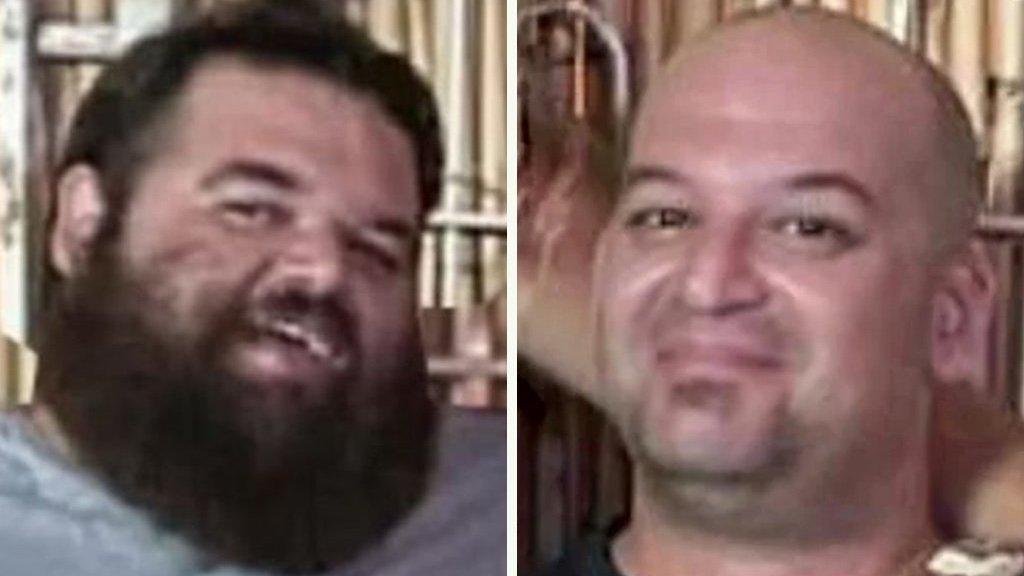
- Published1 December 2023
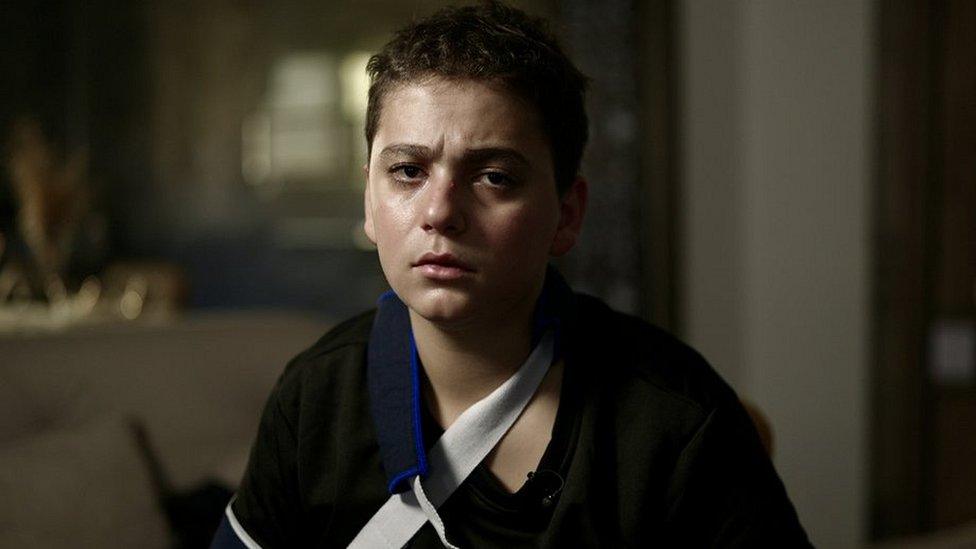
- Published13 October 2023
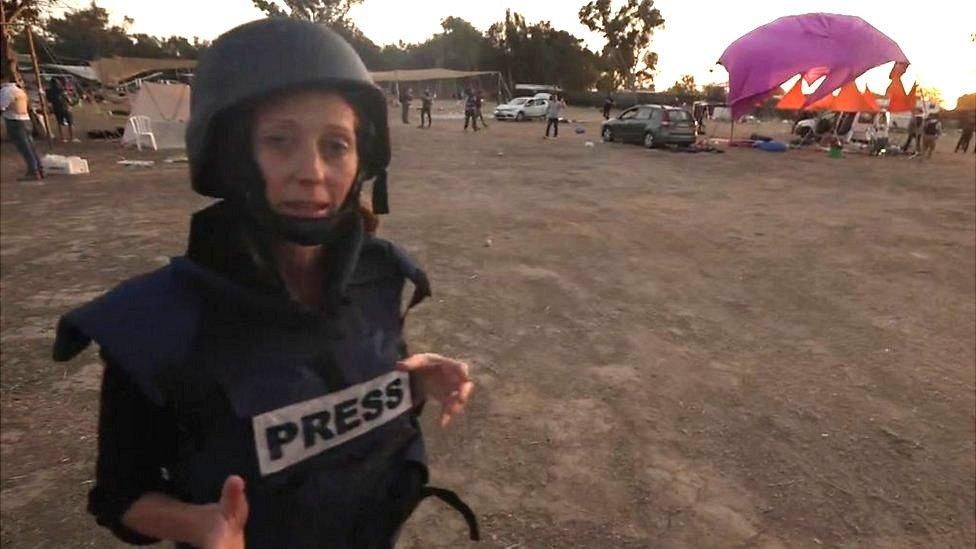
- Published2 December 2023
